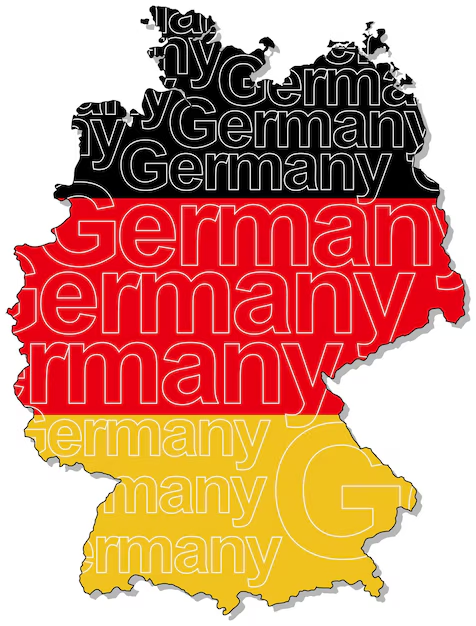In the future, skilled workers will be able to work in Germany more quickly and with fewer complications. The federal government has passed a new law on skilled worker immigration that is designed to reduce bureaucratic hurdles. As part of these legislative changes, the income threshold for the Blue Card will be lowered.
From now on, it will be possible for skilled workers to come to Germany if they have two years of professional experience and a degree in their home country.
One innovative change is the introduction of an ‘opportunities card’ based on a points system. This card offers an additional opportunity for qualified professionals to come to Germany and contribute their skills.
There is already a shortage of well-trained professionals in numerous regions and industries. In 2022, there were around 1.98 million vacancies. The Federal Government’s skilled labour strategy focuses intensively on tapping domestic potential. In doing so, the government aims to increase the labour force participation of women and older workers and to intensify training and further education. Despite these efforts, the Federal Government recognises the need for qualified immigration to meet the demand for skilled workers in Germany.
The most important changes in terms of:
Qualifications: Those with a degree can pursue any occupation in the future.
Experience: Anyone with at least two years of professional experience can immigrate as a worker. In the future, the professional qualification no longer has to be recognised in Germany. This means less bureaucracy and thus shorter procedures.
Potential: Another new development is the ‘Chancenkarte’ (opportunity card) for job seekers, which is based on a point system. The selection criteria include qualifications, knowledge of German and English, professional experience, and age.

















